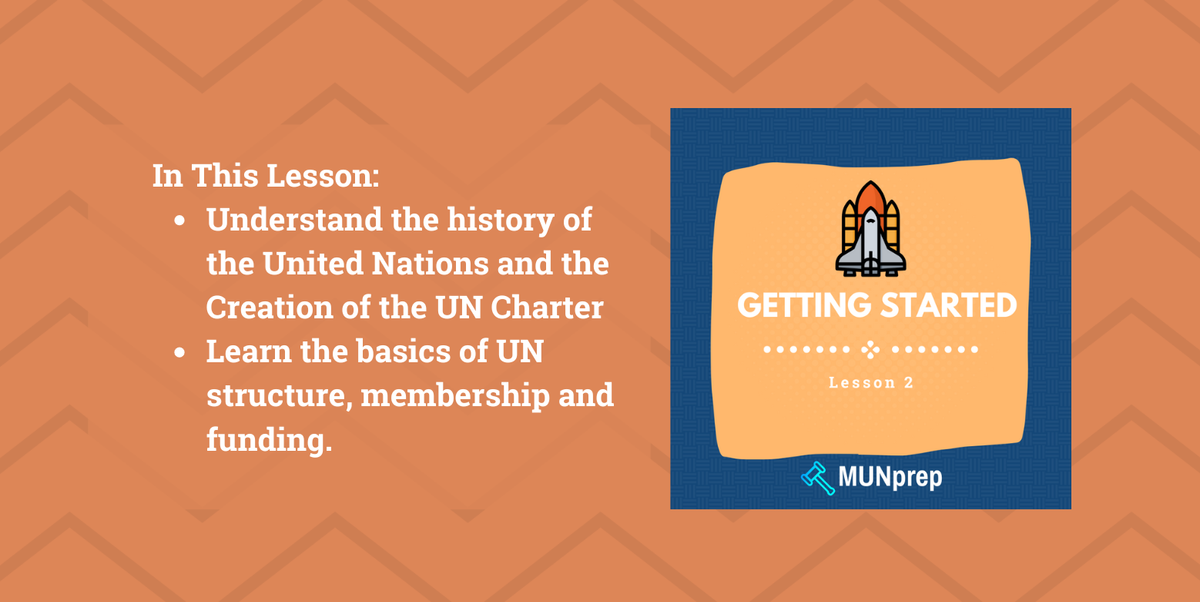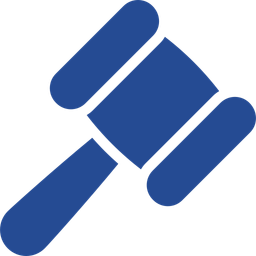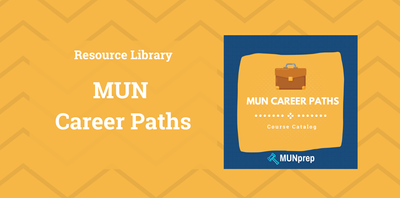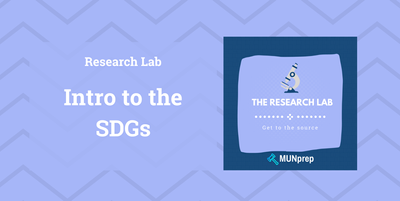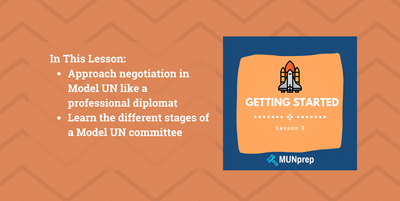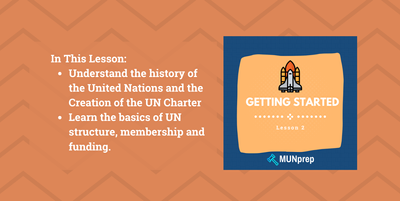Intro to Model UN - How to get started in Model United Nations
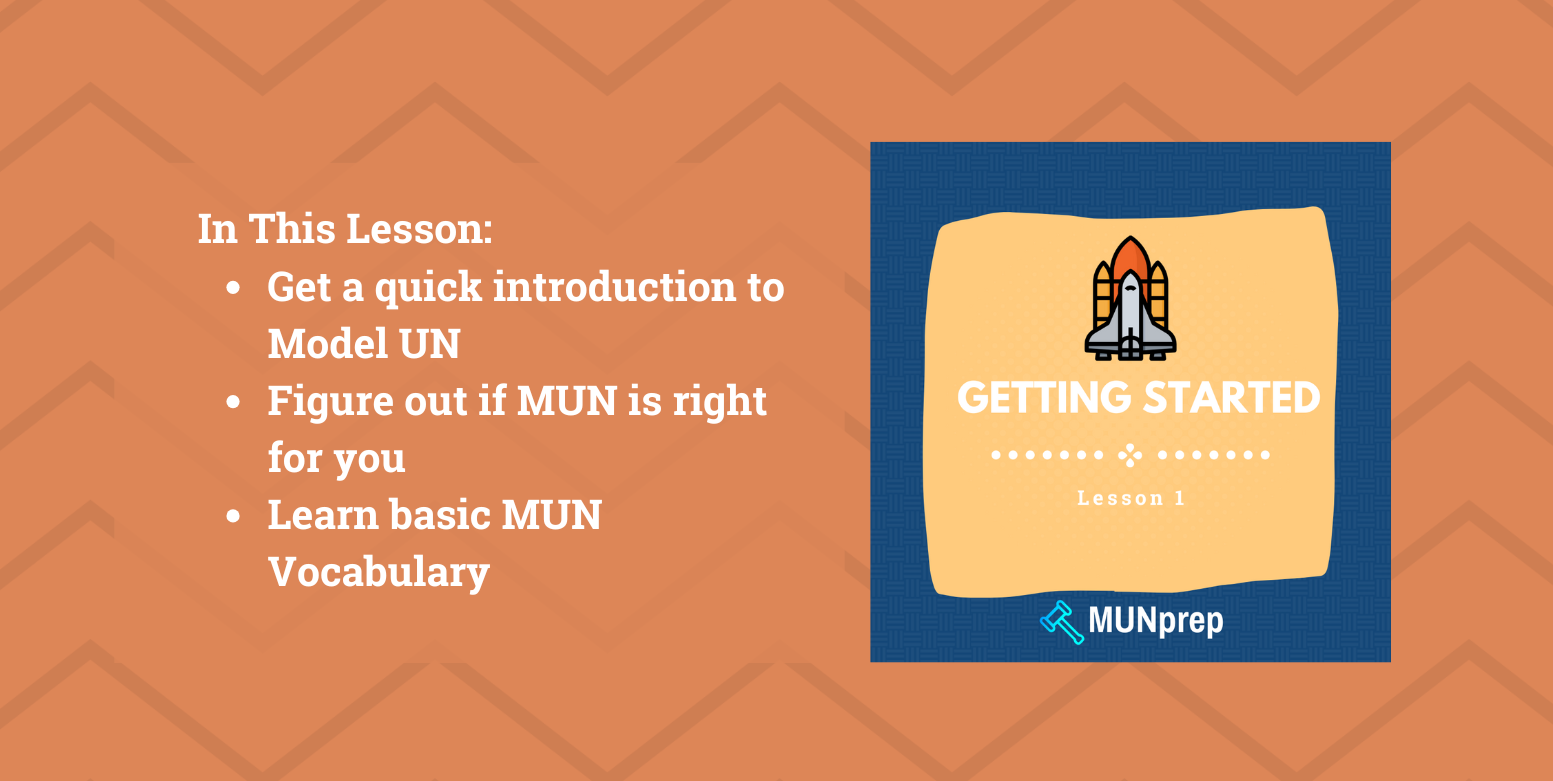
Model United Nations
Welcome to the world of Model United Nations! We’re thrilled to help you get started on this exciting journey. Along the way, you’ll learn about global affairs, diplomacy, and how the world works—all while building valuable skills in leadership, public speaking, and negotiation.
Whether you dream of a career in international relations or just want to try something new, we’re here to guide you every step of the way. From complete beginner to confident, conference-ready delegate, we’ve got you covered!
It's showtime.

Who is this program for?
You're in the right place if you're:
- Trying to find out if Model UN is the thing for you
- Preparing for your first or second Model UN conference
On the other hand, you should check out these guides instead if you:
If you're still not sure where to go, take our 🩺 diagnostic quiz and we'll help identify specific areas for growth.
The Basics of Model UN
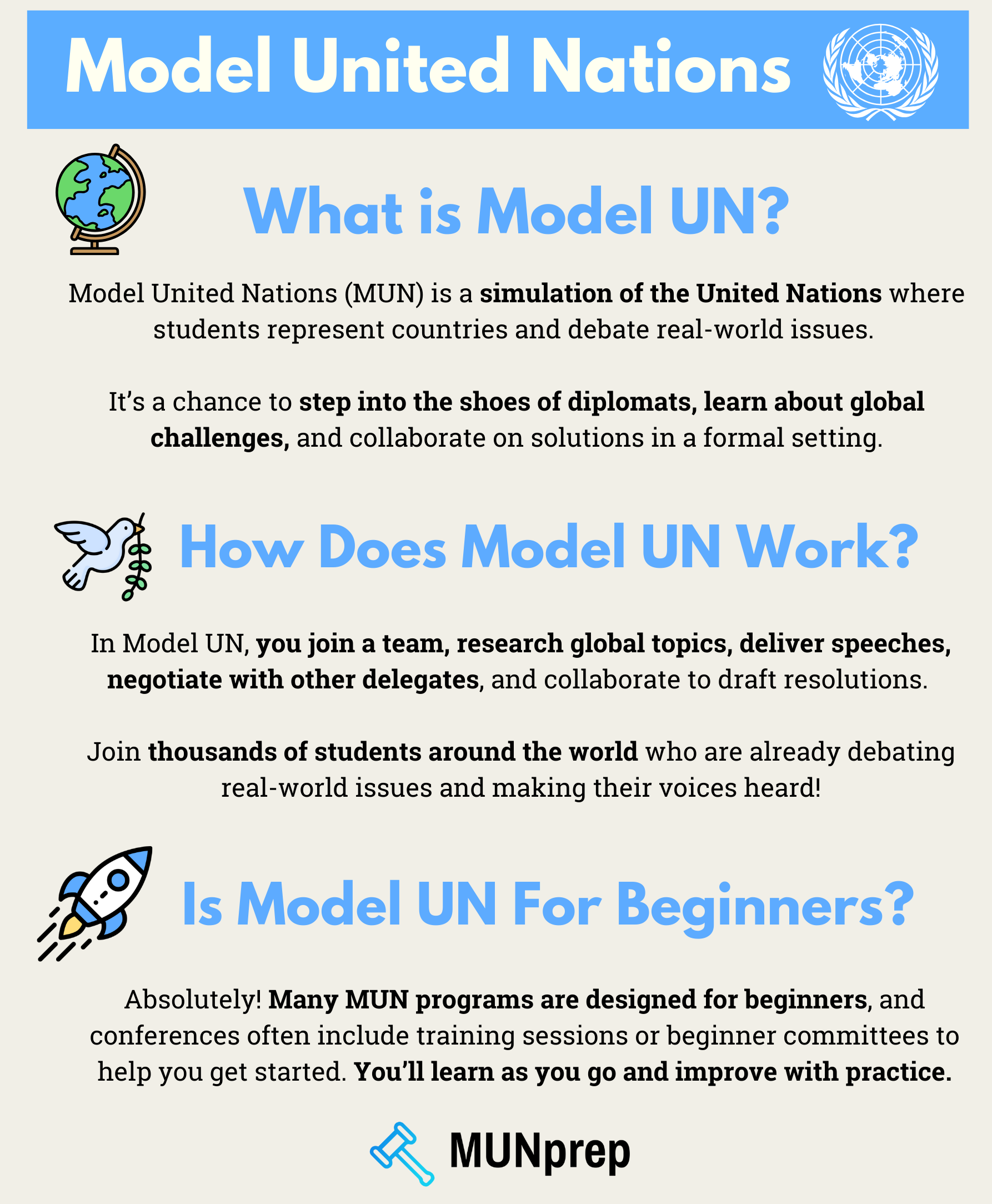
Why learn Model UN?
Nowadays, its more important than ever to have a basic understanding of global affairs - learning Model UN is the best way to get started. You'll find out about issues that you may have never thought about and will have the chance to represent countries you've never even heard of.
But no matter what topic you end up researching, Model UN will equip you with the tools you need to build your own opinions about complex issues. You will learn how to approach controversial topics, and share your opinions in a way that is respectful, constructive and productive.
In fact, a number of the skills we teach related to diplomacy, research and public speaking are the same skills professional professional diplomats use every day!
Here's what a few MUN delegates have to say about their own experiences:
Stories from MUN Delegates
The Model UN Course
If you're ready to get started, we'll walk you through the entire process and teach you the secrets to become an award winning delegate!
Our program is designed to build your skills through three core modules, complemented by supplementary guides for added detail along the way. If you ever feel stuck, visit our Getting Started page to find your next lesson.
Each module takes you step-by-step from the fundamentals to the most advanced skills.
Model UN Key Terms - Sound Like a Diplomat
First, let's teach you some of the special MUN vocabulary.
At Model UN conferences, we use our own special vocabulary in debate. Many of these terms are procedural - they explain different types of debate or different roles in the committee.
Understanding key terms will help you understand what's going on when you step in the committee room.
- Delegate: That would be you! A delegate is any student representing a country in a MUN conference. Delegates research their assigned country and advocate for those interests during debate.
- Chair: The person in charge of your committee, they are responsible for managing debates, providing guidance and making sure everyone follows the rules.
- Resolution: A document drafted by delegates, it proposes your solutions to the issues being discussed. Resolutions go through drafting, debate, amendments, and voting.
- Bloc: A team of delegates who work together on the same resolution.
As you keep learning about MUN, you may come across even more MUN terms that you’ve never seen before - if you ever get lost, make sure you consult our MUNprep Vocabulary Database.
What Do You Do in MUN? - A Typical Delegate Experience
The classic MUN experience is all about participating in a Model UN conference. This process has 3 stages:
- You join a MUN team
- You sign up for a conference
- You prepare for and attend that conference.
Join a MUN Team
Your journey starts by joining a Model UN team, usually at your school. Here, you’ll be introduced to what MUN is all about—debating global issues, representing countries, and working collaboratively to find solutions.
Many teams hold practice simulations to teach new members the basics, like how to give speeches, understand rules of procedure, and research effectively.
Some teams are casual and focus on a single conference, while others participate in multiple events throughout the year, even traveling to different cities or countries for larger conferences.
Don't have a team at your school? It's easier than you think to get started! Check out our guide here on building your own MUN team.
Signing Up for a Conference
Once you're part of a team, you’ll sign up for a MUN conference. These conferences are held locally, nationally, and internationally, with students from all over participating. Your team or advisor will register for the conference and submit country and committee preferences on your behalf.
You might be assigned to represent a country like Brazil or Japan in a committee such as the UN Security Council or WHO. Along with this assignment, you'll receive a topic to research—anything from climate change to global health or peacekeeping missions.
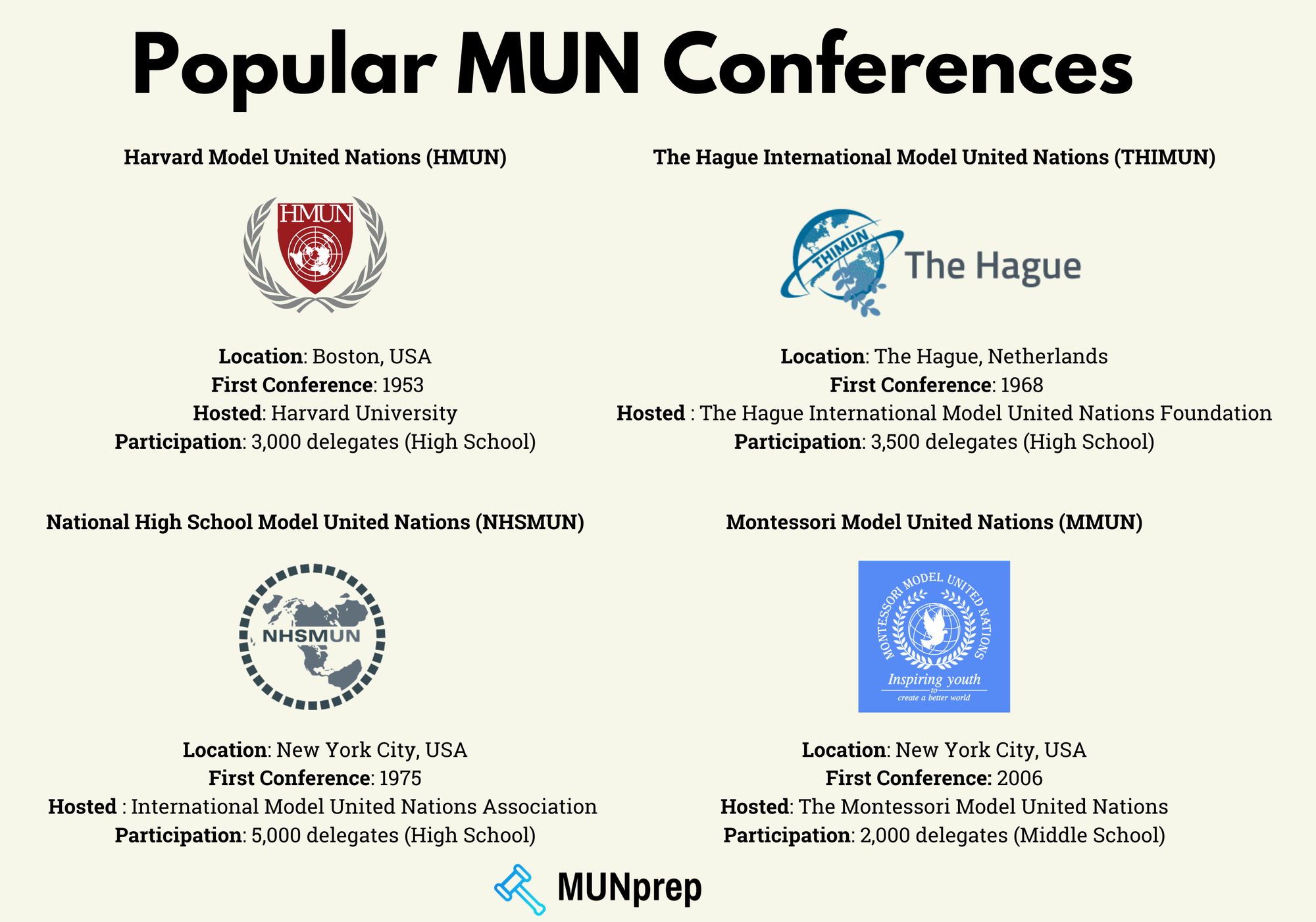
Check out our partners at mymun to learn more about signing up for a conference!
Attending a Conference
Once you've chosen your conference, you will be given a committee topic and country assignment. You research your country, write a position paper, and put together a committee strategy.
After carefully preparing your materials, it will then be time to meet with the other members of your committee at the actual conference. Here, you will meet students representing countries from around the world.
Your sessions will be full of debates, speeches, and votes. You will work together with a team to put together your own UN Resolution. If you're lucky, you'll be able to present it to your committee, and see it get passed.
All of this work is packed into a 2-4 day conference that includes team meetings, late-night study sessions, social events and awards ceremonies.
When Should I Start MUN?
Nowadays, you can get involved in Model UN as early as Primary school and you can keep going all the way through University. But the expectations might change as you get older
- Upper Elementary Model UN - No real conference circuit, but students may cover broad themes related to global affairs in the classroom.
- Middle School Model UN - These conferences are focused on developing confidence in public speaking while also practising the fundamentals of Model UN.
- High school Model UN- Focused on developing creative problem-solving approaches and building an interest in international affairs. Competitive conferences are more common here.
- University Model UN - Teams will be focused on rankings and winning awards.

Starting MUN as a University student
While it might feel intimidating to start your MUN journey as a University Student, there’s no need to worry!
While working through our curriculum, make sure that you pay extra attention to the procedural aspects as you’re getting started. Focus on:
Conference Prep Timeline
Since the ultimate goal is getting ready for a conference, how long will that actually end up taking?
In general, we recommend you take at least 6-8 weeks to get ready for your first conference. For full-year MUN teams, it can be useful to work through something like our entire Delegates Model UN Curriculum to cover the fundamentals and train skills in problem solving before even getting started with conference prep.
If you are a part of a Model UN team, you can also take some time to practise a few simulations and learn the basics of MUN procedure and diplomacy before you get to the actual conference.
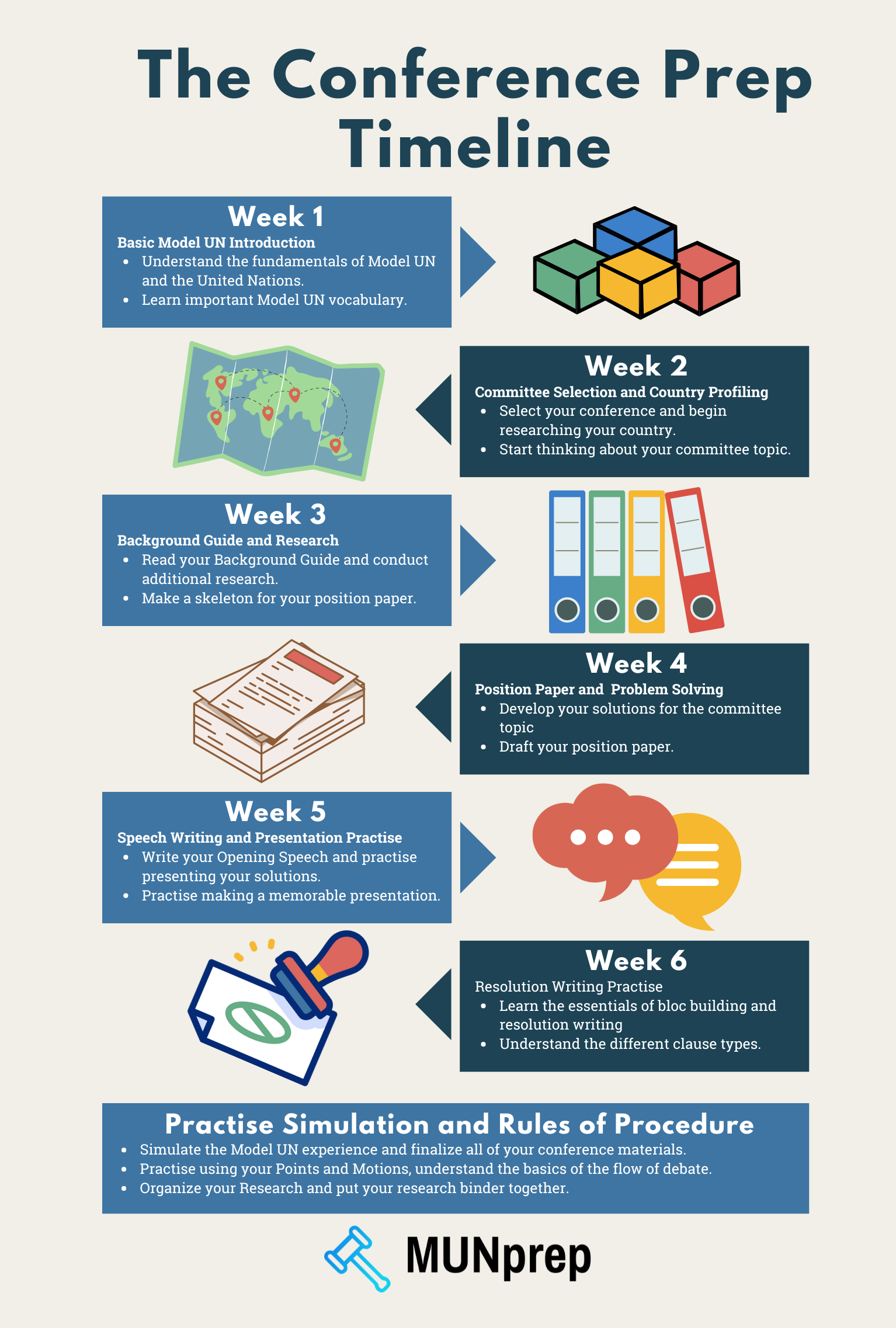
Next Lesson
Congratulations! You've taken your first step in becoming an amazing MUN delegate. Up next, we will learn about the United Nations and explain how the organization works.
Let's keep going!
